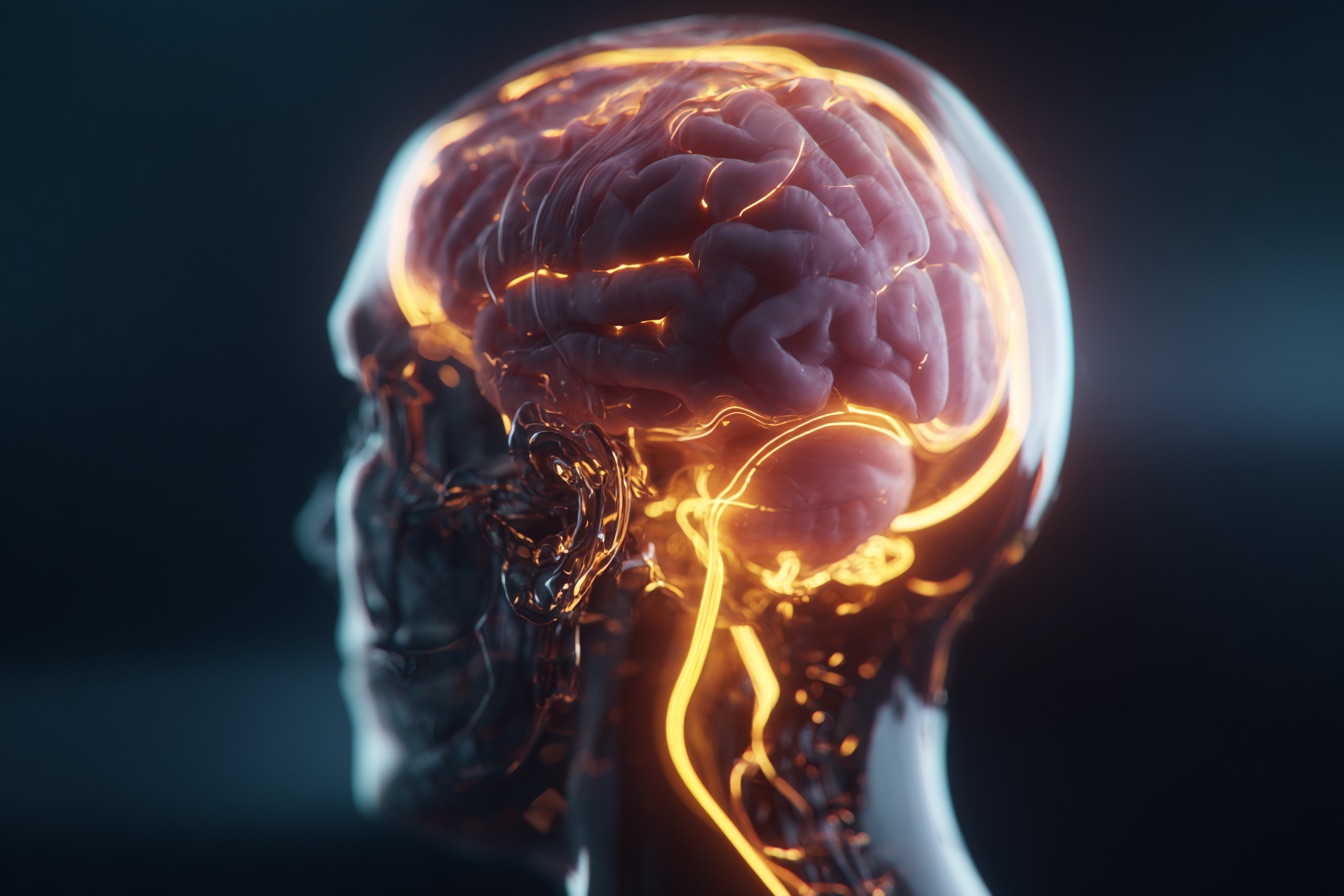When someone takes a head knock during sport, one of the first questions is: “How long will it take to feel better?” The honest answer? It varies significantly. At Concussion Hotline, we guide you through the full recovery cycle with reliable clarity.
🎯 Individual Recovery Can Vary Widely
No two concussions are identical. Even athletes in the same match may recover at different rates. That’s because concussions impact multiple bodily systems—autonomic, neurological, visual, vestibular and inflammatory pathways—which interact differently in each person.
Typical Recovery Timeline
- Most recover in 7–14 days
Research consistently shows that the majority of people, especially adults, feel symptom-free within one to two weeks. - Children and teens can take longer
Recovery in younger athletes can extend beyond this, with symptom resolution typically seen within four weeks. - Persistent symptoms affect 10–30%
Approximately one in three returners experience symptoms lasting past the initial month—this is known as post-concussion syndrome (PCS).
What Prolongs Recovery?
Several factors can delay healing, including:
- Returning to sport too soon
- Unrecognized neck or inner ear (vestibular) issues
- Disturbances in autonomic control (heart rate, blood flow)
- Co-existing mental health or migraine conditions
The Invisible Healing Process
Even after symptoms subside, the brain continues metabolic repair for weeks longer—commonly 22 to 45 days post-injury. This “vulnerable window” is when returning to contact too early may risk a second impact syndrome, a rare but serious complication.
Optimising Recovery: What Concussion Hotline Recommends
- Early assessment – Reach out to a trained concussion specialist as soon as possible.
- Individualised rehabilitation – Target vestibular, visual, cervical, and autonomic systems together for effective multi-system rehab.
- Graduated return-to-play – Follow stepwise protocols, ensuring each stage is symptom-free for at least 24 hours before progression.
- Support recovery through lifestyle – Ensure balanced sleep, nutrition, hydration, and paced cognitive/physical activity.
When to Seek Help for Prolonged Symptoms
If symptoms extend past 4 weeks, consider a deeper assessment to uncover persistent issues such as:
- Autonomic dysregulation
- Cervical spine injuries
- Visual or balance dysfunction
- Emotional or cognitive fatigue
These can mimic or prolong concussion symptoms and often require specialised rehab strategies.
✅ Key Takeaways
- Recovery usually takes 7–14 days, but healing continues even when you feel better.
- Around 10–30% experience prolonged symptoms lasting more than a month.
- Comprehensive care, including specialist assessment and rehab, greatly improves outcomes.
- A cautious, structured return-to-play plan protects against reinjury during recovery.
At Concussion Hotline, we partner with athletes, families, and sporting groups to deliver evidence-backed, system-informed care that keeps recovery safe and efficient. If you’re unsure about symptom duration or the right return-to-activity steps—call us. We’re here with clarity, confidence, and calm at every stage.
Heal fully. Return confidently. Call Concussion Hotline when it counts.
